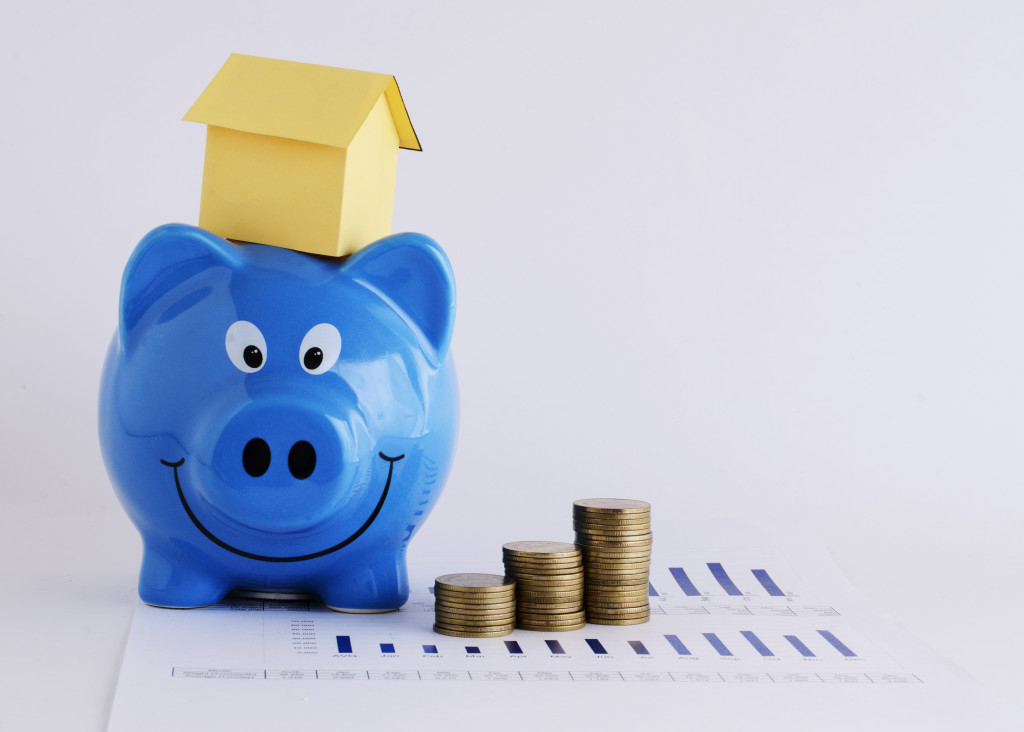• Having a credit score of 620 or higher is recommended for getting approved for a conventional loan.
• Lenders prefer borrowers who have saved up at least 20% of the total cost of their home.
• Consider using a mortgage broker to have access to lenders or programs that individual borrowers may not be aware of.
• Make sure not to apply with too many lenders at once, as this can negatively impact your credit score.
Buying a home can be intimidating, especially for a first-time homebuyer. While the process of finding the perfect house is often filled with excitement, the process of getting approved for a loan can be stressful. There are some things you can do to increase your chances of getting approved for a loan and make the entire process go more smoothly. Here’s what you need to know about getting approved for a house.
Get Financed
The first step in getting approved to buy a house is to get pre-approved for financing. This will help you determine the amount of money you can borrow and show potential sellers that you’re serious about buying a home. To do this, you should do the following:
Check Your Credit Score
Your credit score is one of the most important factors in determining whether or not you will get approved for a loan. Before applying, you must check your credit score and take steps to improve it if necessary. A credit score of 620 or higher is recommended for getting approved for a conventional loan. If your score is below 620, you may need to look into subprime loans, which can incur higher interest rates and fees.
Paying off any outstanding debts and ensuring that all bills are paid on time are two easy ways to boost your credit score quickly. Additionally, avoiding large purchases such as cars or furniture shortly before applying can help keep your credit score from dropping unexpectedly and jeopardizing your approval chances.
Save Up For A Down Payment
One way to increase your chances of being approved for a mortgage is to save up for your down payment before applying. Lenders prefer borrowers who have saved up at least 20% of the total cost of their home to demonstrate their commitment and ability to make payments on time.
Even if you don’t have 20%, many lenders will accept smaller down payments if you can show them that you have sufficient funds in savings or other assets that could be used as collateral in case of default.
Consider Using a Mortgage Broker
Using a mortgage broker can also increase your chances of getting loan approval. Mortgage brokers are professionals who understand the ins and outs of the loan process and often have access to lenders or programs that individual borrowers may need to be made aware of. Shopping around for different lenders before applying is always a good idea. Each lender’s requirements and interest rates could affect your approval chances.

Find The Right Lender
Not all lenders are created equal; each lender has different requirements for approving loans and different interest rates they offer borrowers depending on their financial situation and credit history.
If possible, try to find out about lenders’ requirements before applying so that you can tailor your application accordingly. Additionally, it may be beneficial to shop around with multiple lenders before settling on one—make sure not to apply with too many lenders at once, as this can negatively impact your credit score. Here are some tips on finding the right lender:
- Research lenders in your area
- Compare interest rates and fees offered by different lenders
- Talk to a local real estate agent who can provide advice on which lenders are the most reputable
- Ask family and friends for recommendations of reputable lenders they have dealt with before
Finding the Right Mortgage Loan
When working with a lender, they can explain the different mortgage loans that will fit your budget and financial needs. Here are the different types of mortgage loans that you may consider:
Fixed-Rate Mortgage
A fixed-rate mortgage loan has a fixed interest rate for the life of the loan, making monthly payments predictable and easy to budget for. These mortgage loans typically come with the lowest interest rates so that you can save money in the long run. This loan is ideal for borrowers who want to avoid unexpected interest rate hikes.

Adjustable-Rate Mortgage (ARM)
An adjustable-rate mortgage loan has a variable interest rate that can either go up or down depending on market conditions. This type of loan is popular with borrowers expecting their income to increase over time and the mortgage payments to become easier to handle. However, if mortgage rates increase and the borrower’s income does not, this loan can become financially burdensome.
Government-Backed Mortgage Loan
Government mortgage loans such as FHA, VA, and USDA offer lower down payment requirements and flexible credit standards that can help first-time buyers get approved more easily. This loan type is an excellent option for borrowers who are just starting and don’t have much money saved up yet.
Don’t be discouraged when applying for a mortgage loan as a first-time homebuyer. With careful research and preparation, you can increase your chances of getting approved and make the process go more smoothly. Follow these tips, and you’ll be closer to owning your dream home!
